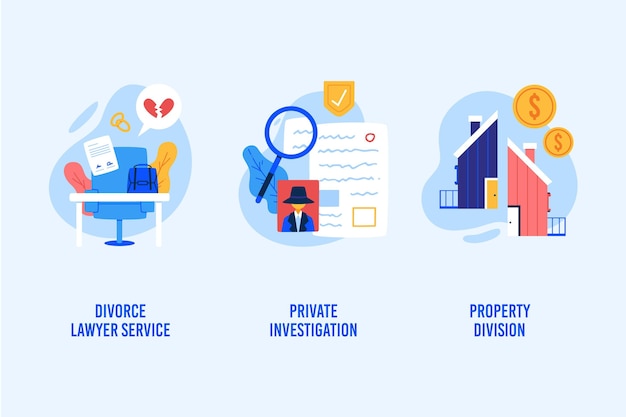
How big is “too big” when it comes to the price of a new house? That’s something everyone wonders about when they’re shopping for a new home: What size mortgage can I afford?
It’s a smart question, especially when you’re thinking about your finances. One of the problems during the Great Recession in 2009 was that home buyers took on mortgages that were way too high, often choosing mortgage products that weren’t suitable for their situations.
To avoid falling into the same trap, it’s wise to take a close look at your financial situation and figure out what makes sense for you. Here are some tips to help you decide how much debt you can manage.
A basic rule to estimate how much house you can afford is to multiply your gross household income by 2 or 2.5. For example, if your combined pre-tax income is $200,000, you should be able to afford a mortgage between $400,000 and $450,000. This is a simple starting point, but keep in mind that other factors will influence whether you qualify for a mortgage, such as the front-end and back-end ratios.
The front-end ratio looks at how much mortgage you can afford based on your gross income. Add up your total monthly mortgage payment, including principal, interest, and escrow (PMI, insurance, and taxes). Compare this to your monthly combined household income. Most financial advisors suggest this ratio shouldn’t exceed 28%, although staying lower is better. So, if you earn $5,000 a month, your total mortgage payment shouldn’t be more than $1,400 monthly. Be cautious because some lenders might still offer you a loan even if you’re at 30% or 40%. Always keep your best interests in mind, beyond what a lender offers.
Another crucial factor is the back-end ratio, or debt-to-income ratio. This compares all your debts (mortgage, credit cards, child support, other loans) to your gross income. Your debt-to-income ratio shouldn’t go over 36%. For instance, with a $5,000 monthly income, your total debt payments should not exceed $1,800. Just like the front-end ratio, you need to be mindful of this because some lenders might approve you even if your ratio is as high as 45%. Ultimately, you need to be aware of what you can afford.
Several other factors can affect how much house you can buy. The down payment is significant; most lenders prefer at least 20%, though some will work with less. If you have substantial savings for a down payment, you can afford a more expensive home compared to someone with less.
Mortgage interest rates also play a big role in determining the overall cost of your monthly payments. Generally, lower rates are better, but be aware that some mortgage products have fluctuating rates. Use an online home loan comparison tool to see the available rates and deals.
Lastly, think about your lifestyle. There are numerous personal factors that will determine how much home you can comfortably afford. Make a list of your priorities and see how the size and cost of your potential house align with them.
